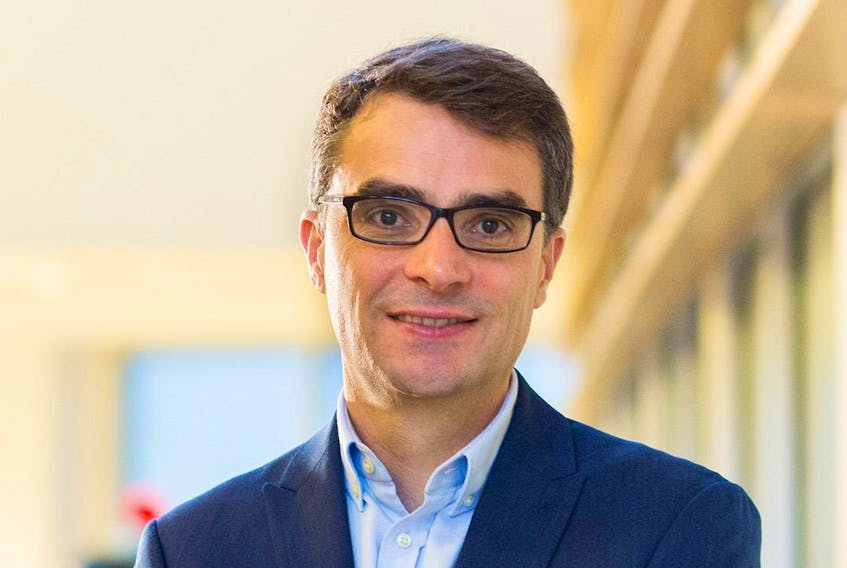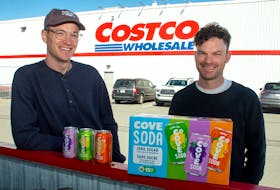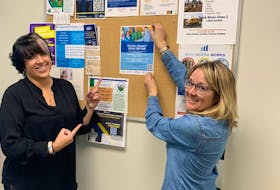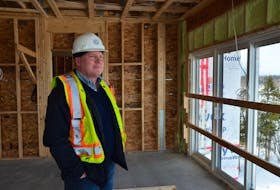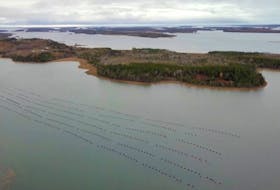IMV Inc., the Dartmouth company developing a delivery platform for immunotherapy drugs, is entering a critical phase of its 16-year history when it soon learns the results of key Phase 2 clinical trial.
It is conducting a range of Phase 2 trials for its flagship drug candidate DPX-Survivac, including tests in partnership with the multi-national pharma company Merck & Co. The results of these Phase 2 trials — which establish efficacy, or whether a drug does what its maker says it does — should be known by the end of this year.
If the results are positive, the company will have some key decisions to make in the next year.
Should it bring Survivac to market with a partner or on its own? Could it sell Survivac and focus on the development of other drug candidates? Could the whole company be sold? Whatever the outcome, IMV is approaching the juncture that attracted investors when the company launched in 2003.
“Most of the clinical results will be in by the end of the year,” said CEO Frederic Ors in an interview last week. “So, in the second half of this year or the first half of 2020, we have really got to think what is the best way forward for the company.”
Developed from a Dalhousie University experiment to deliver birth control to seals on Sable Island, DPX-Survivac uses the body’s immune system to battle diseases by delivering doses of medication over a prolonged period. Often working as a delivery platform for other drugs, Survivac locates Survivin, a substance found in the outer layer of cancer tumors, then attacks the tumors repeatedly.
The most important trials are those into the drugs' impact on ovarian cancer, an especially lethal affliction, and Ors said the company hopes the drug will be effective in prolonging the lives of people suffering with hard-to-treat forms of cancer.
“It’s one thing to be able to stop cancer but what’s important is how long you are able to maintain that,” said Ors. “In ovarian cancer, we have one patient who has been treated with DPX-Survivac for three years now.”
In its most recent financial statements, IMV said Survivac has displayed “durable clinical benefit” and “positive new data” during clinical trials, which are taking place in six locations. But nothing is certain until it announces the trial results.
In terms of what decisions the company could reach once the results are known, Ors noted that IMV shares are listed not only in Toronto but also on the Nasdaq exchange in New York. That positions the company in theory to raise enough capital to bring the drug to market on its own.
A dark cloud hovering over the IMV story is the experience of American immunotherapy company Incyte Corp., which had partnered with Merck for trials of its drug Epacadostat. In April 2018, Incyte announced trials showed Epacadostat did not help melanoma patients, hammering the stock of all immunotherapy companies, including IMV.
Late on Thursday an IMV share was trading down 1.96 per cent at $4, meaning it has lost 43 per cent of its value in the past year.
Yet IMV has been able to raise capital. In March, it raised $29.5 million by selling shares to investors, and Ors said IMV now has enough capital to last through 2020.
Though its shares have been on a rollercoaster ride the past three years, IMV as an organization has continued to grow, and now employs 64 people. One highlight of this is that three-quarters of its staff are female, and women make up half of its management team. Ors said he feels good about the company as he awaits the clinical trial results.
“It’s a good thing to be here,” he said. “A lot of companies actually never get the chance to be in this stage of development. We feel very strong about our pipeline and that it has a high chance to succeed.”
MORE ENTREVESTOR:

